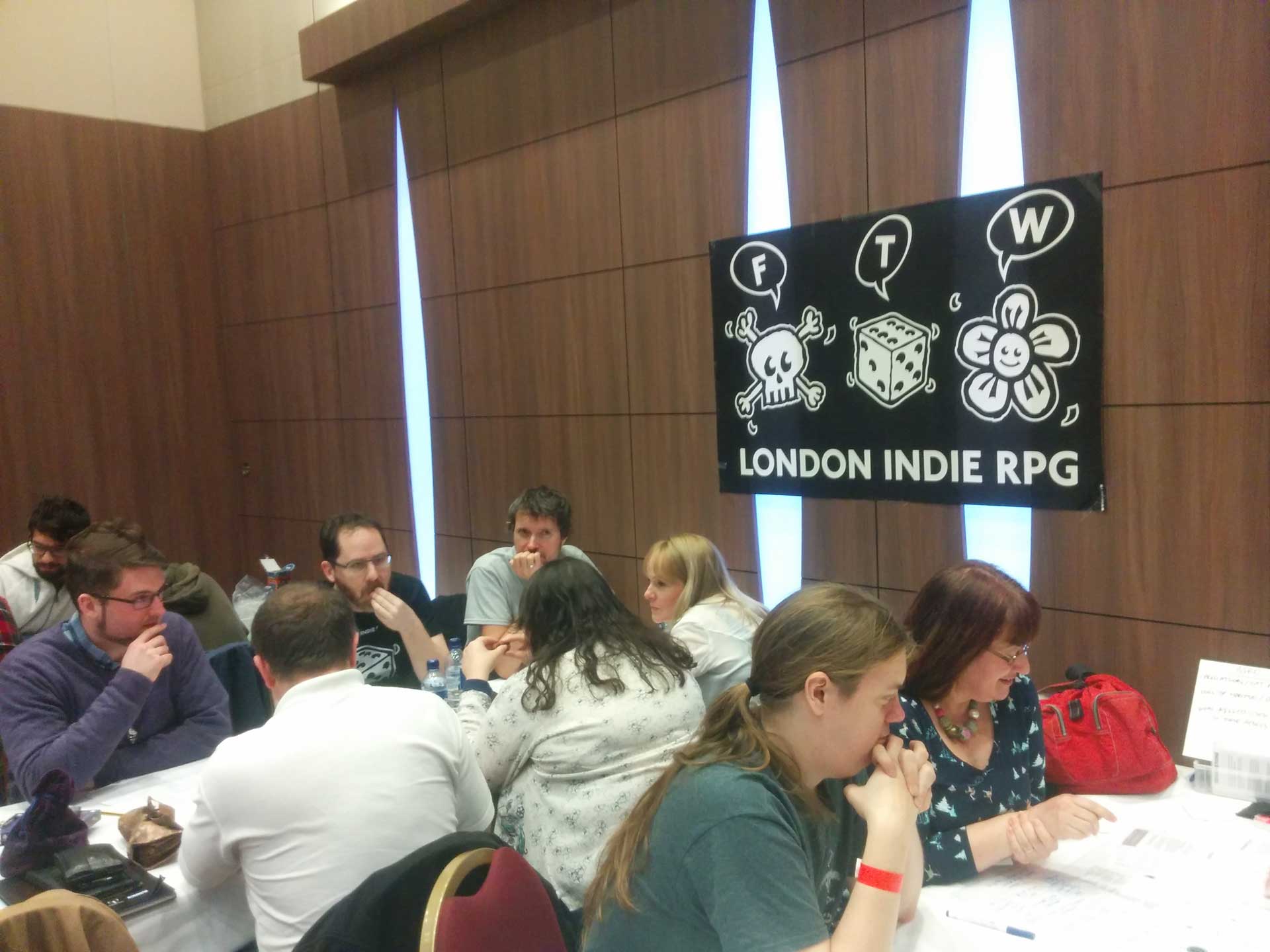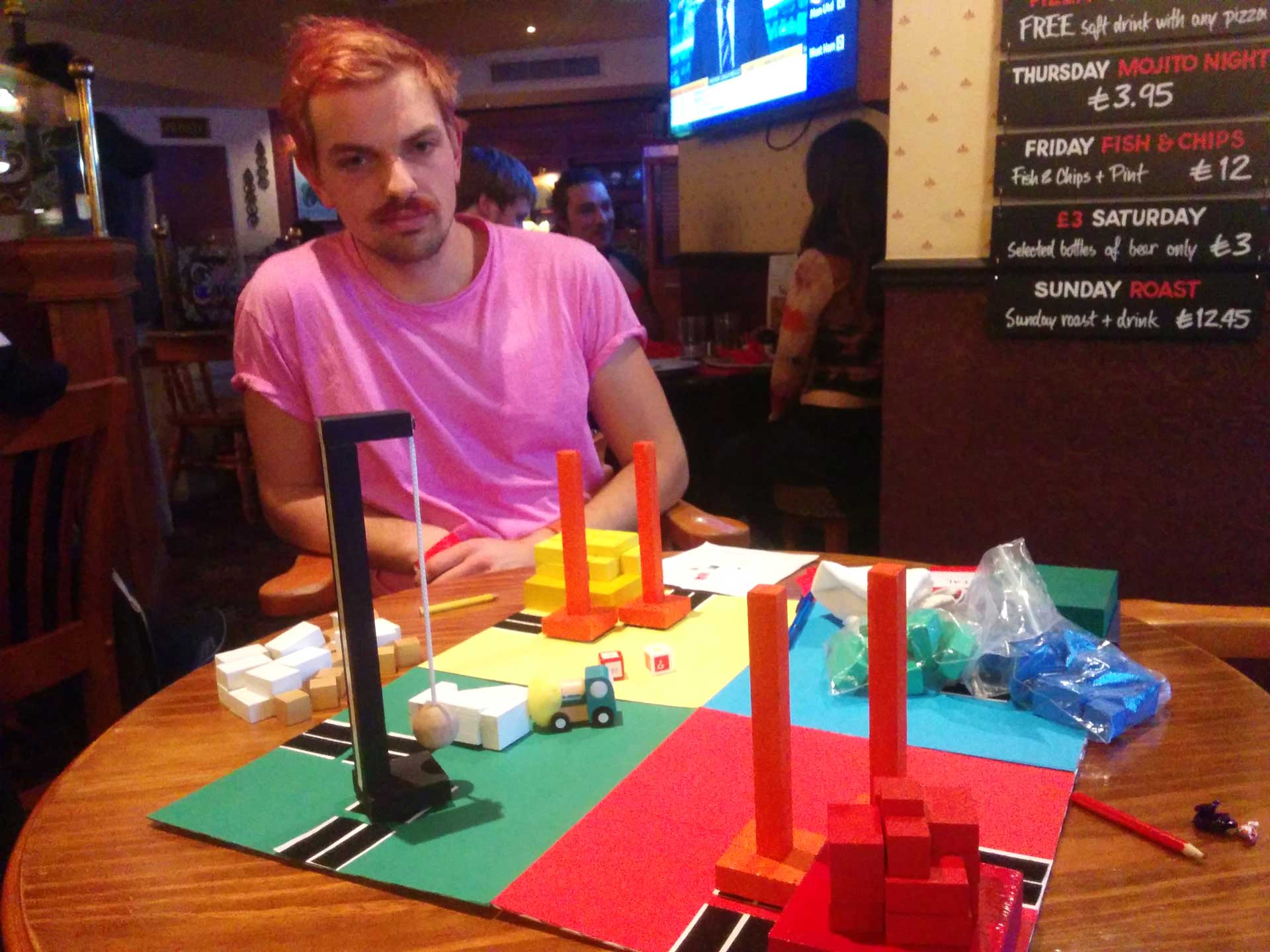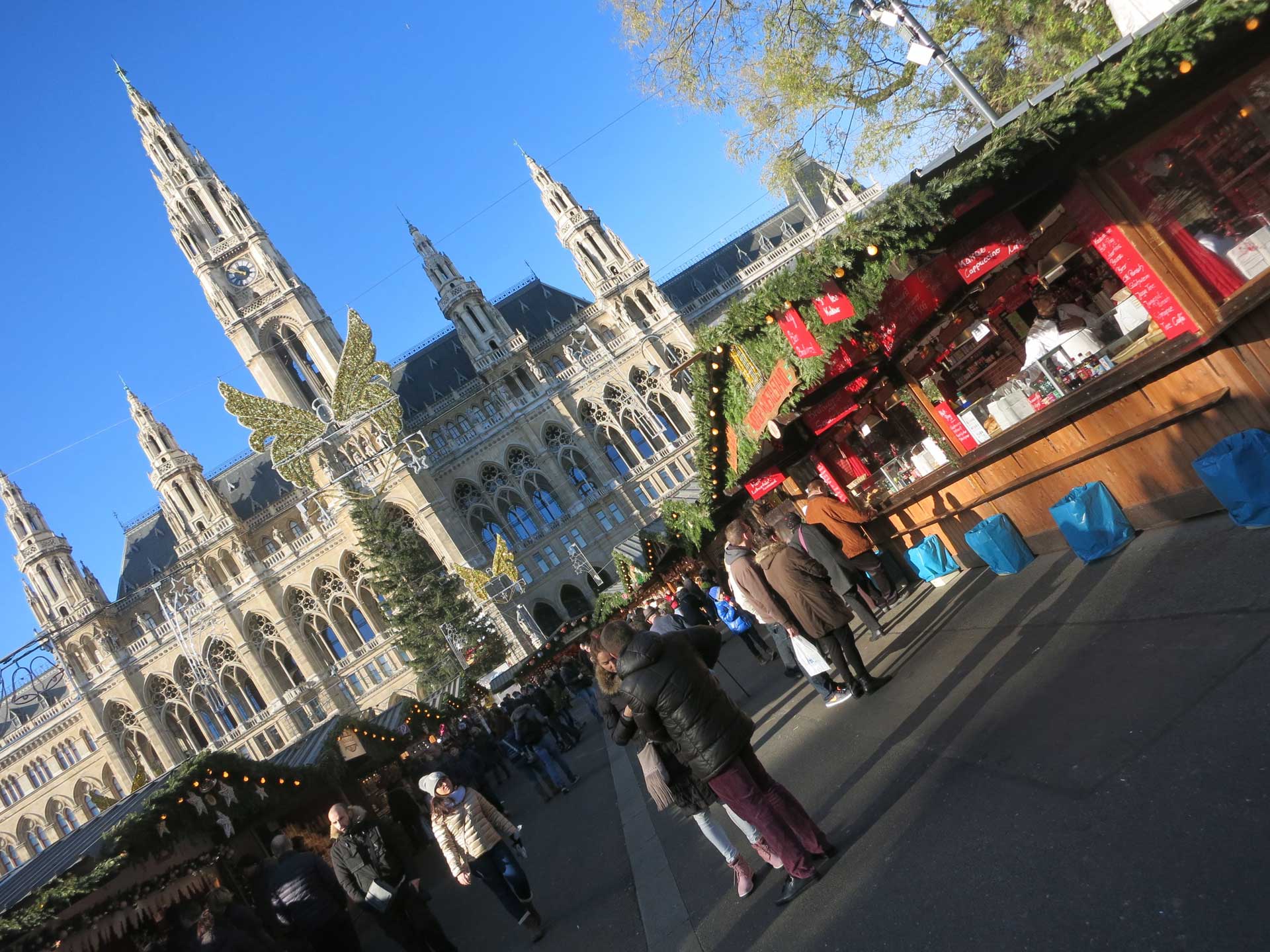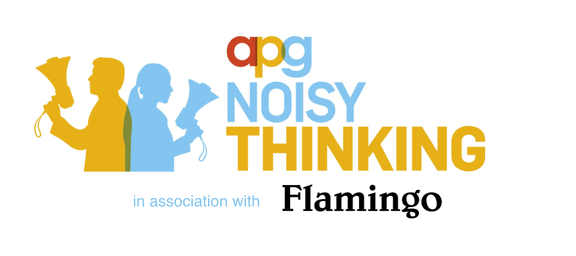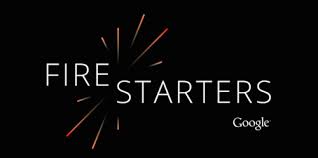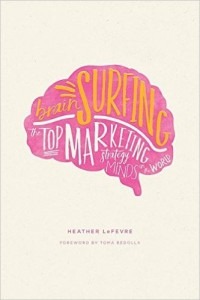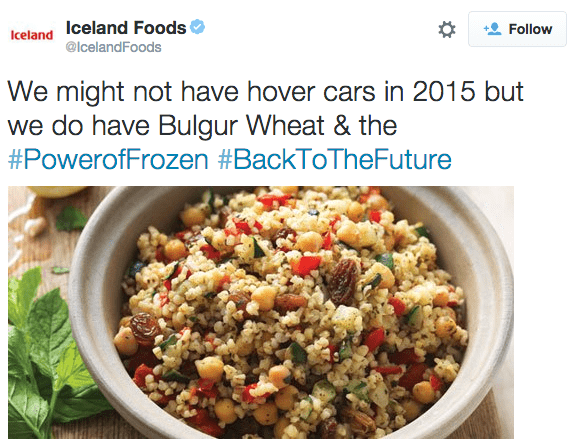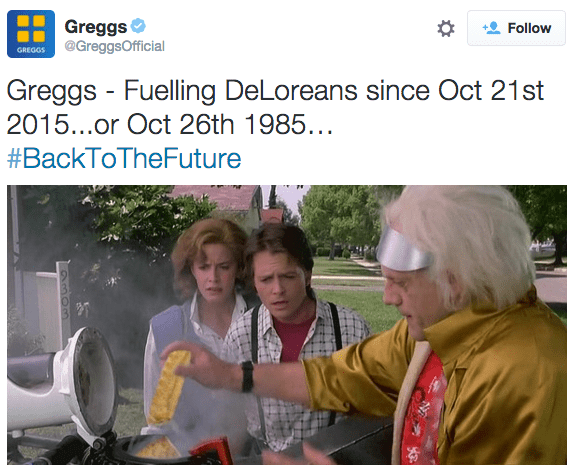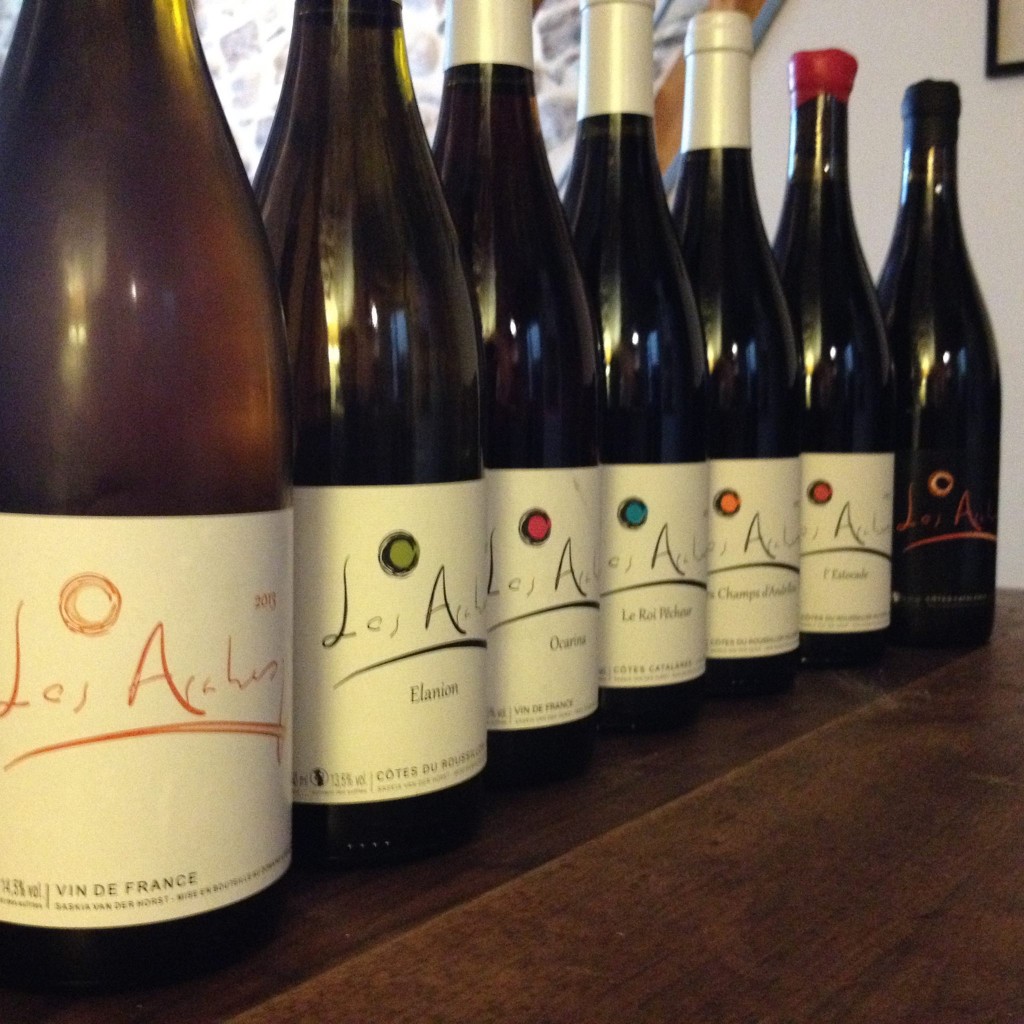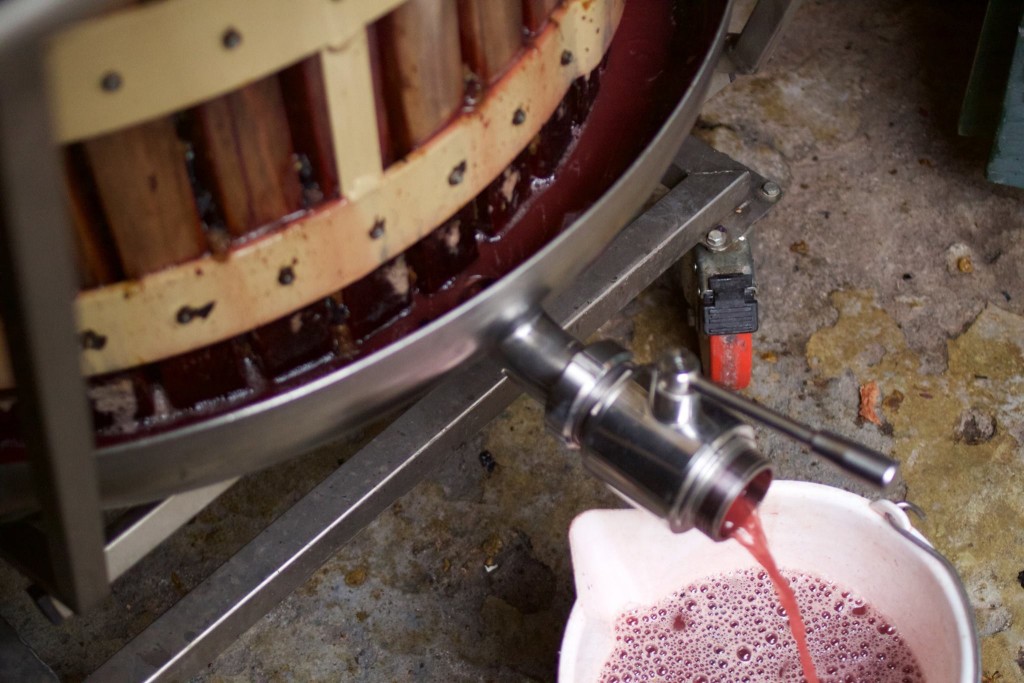I haven’t written one of these posts since 2012. Of course at the time it was meant to become a yearly thing. I’m having another go at it now I’m regularly writing here. It’s a post to wrap up the year. There might be a bit of overlap with what I wrote in a recent Sundae newsletter, I’m expanding on some of those ideas here.
It has been an interesting year. A good year on many fronts.
I started the year in the Pyrénées mountains with a lovely walk in snow shoes and a couple days later went to the Mediterranean Sea in Collioure for a walk, to appreciate the beautiful area where most of my family lives.
I had opportunities to do interesting freelance work and do it remotely at least in part, so I thought I’d stay and enjoy the area a little while longer.
I spent a lot of time with my brothers, sister, nieces, nephew and parents throughout the year. I was hesitating on where to live and what to do next. I visited a flat in Perpignan and took it immediately once I’d seen the view of the rooftops and mountains from the roof terrace. That’s where I’m sitting to write this post as well. Two of my oldest friends came to visit from Orléans and Bordeaux. I travelled for work and spent time with some of my best friends in London, and also went on a lovely weekend in Somerset.
A large part of this year was also in the context of a course I’m participating in and completing soon, the Landmark Wisdom Unlimited. The main idea of the course is to explore the qualities of a child at play and applying them to different areas of life with the maturity of adulthood.
The course comprises five weekends throughout the year in different cities in Europe, each weekend has a particular theme. In between weekends, I had weekly calls with a group of other participants in the course who lived in the South of France, we also organised weekend events, social gatherings at each others places. Another important aspect of the course are the various assignments, for example I worked on putting an autobiography together with photos for each year of my life, and displays with all the people I interacted with on a regular basis for each year.
In the course I looked at how I developed and grew as a social being, in the conversations, interactions and circles of people that make up my every day life. It’s a rich course and everything I’ve done this year was supported by the conversations I’ve had with others in the programme. I really enjoyed it and next year I’m participating in another course in the series, Partnership Explorations. If you don’t know much about these kinds of courses I’d be happy to tell you more, or for a good read, a recent article was published in the NY Times about Werner Erhardt who created these types of courses.
I redesigned the Ice Cream for Everyone website, one of my best friends redesigned the logo. I got back into tabletop roleplaying games and started contributing to a friend’s audio podcast about roleplaying games. I really enjoyed it and given I had occasionally toyed with the idea of creating some kind of audio or video show, I started thinking about what I could do. It took me several months between the first episode meant to be research back in August to nail down a format I could produce myself. It started complicated, then I brought it back to something relatively simple I personally enjoy enough that I trust I’ll keep up with it. I interview creators and thinkers in a variety of fields I’m interested in, like advertising, game design, media and strategy.
I spent time working out the kind of writing I want to do more of, as a result I’m writing at least one blog post every week, the weekly Ice Cream Sundae email newsletter, and I’m working on other kinds of articles and posts for other platforms.
I made efforts to meet new people here in Perpignan, and volunteered with the local tabletop roleplaying game club to help with the yearly convention event. I made new friends there which is excellent. I helped my sister with her wine domain, Les Arabesques. I learned a lot of how her business works. I also helped my brother Morgan with his new restaurant.
On other hand there are several things I wanted to get complete this year and failed to, chiefly my driving license. It became an ongoing drama this year. I took many lessons, took the driving test twice and failed it twice. I’m really close and if it didn’t take so long to reschedule another slot I’d probably already have it. I never thought it would be so difficult but there you go.
I intended to have a complete draft of the novel I’m writing by the end of this year and I don’t. I still have the same draft I had a year ago after NaNoWriMo. I spent a little bit more time writing towards the novel but nowhere near enough. I spent more time worrying about developing and promoting my services as a freelance strategist and consultant.
The work side has proven to be tougher than I thought it would be. It’s not working as well as I’d like it to. Spending time going back and forth between London (or other large cities) and the South of France sounded like a fantastic idea but it’s pretty difficult and tiring. Fortunately there has been positive points too: the work I’ve been doing with Framestore was and still is really interesting, I’ve done some work with a few other clients, caught up with many professional contacts and was invited to speak at the European Planning Conference in Prague.
While I’m not really getting bored of my roof terrace here, I miss the opportunities and friends in the big city. I’ve also made a conscious choice to keep writing and working in English (rather than in French).
With that in mind, and after much consideration, I’m moving back to London.
It’s weird to be moving again after just a year, looking around my flat and having to pack everything up again. It would be been even tougher to be able to take the time I did this year to work out my new website, podcast, writing, newsletter, tabletop gaming and learning to drive if I’d been in London or any other expensive large city this year, so I definitely appreciate that.
I’m looking forward to spending another New Year’s Eve in the Pyrénées mountains with friends! Once I’m back I’ll write another post about what I have in mind for 2016. I’m looking forward to whatever is coming next.
